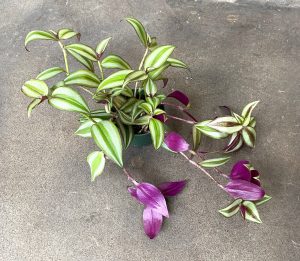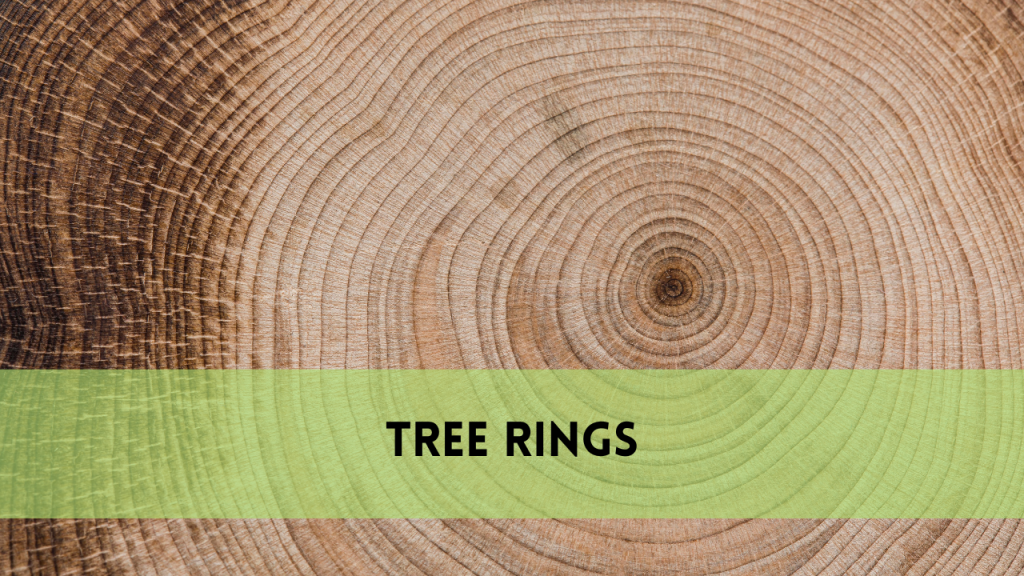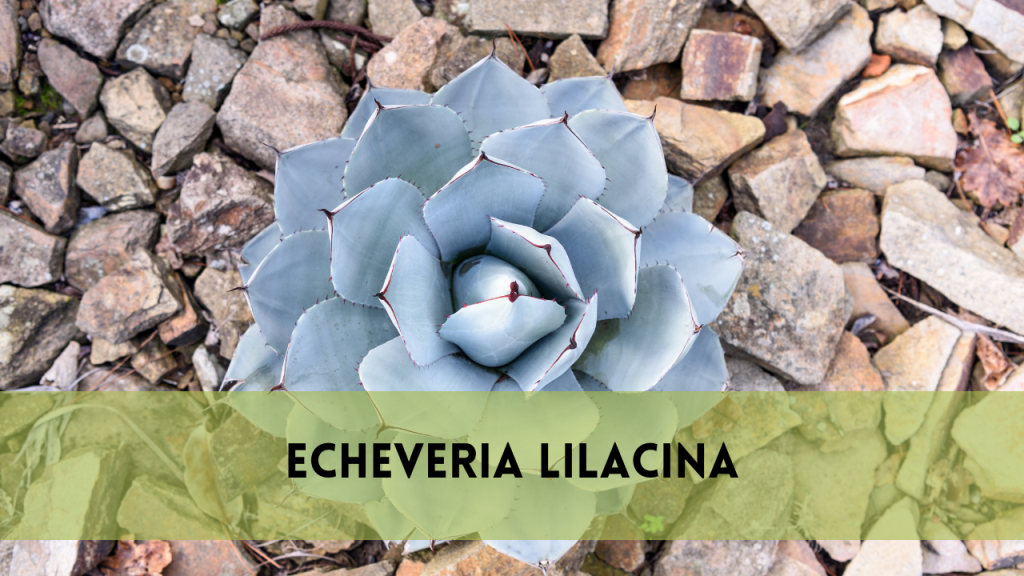Are wandering jew plants toxic to dogs?
Yes, wandering jew plants are toxic to dogs. To learn about why and how they are toxic, read the information below. When it comes to the safety of our furry friends, pet owners frequently inquire, “Are Wandering Jew plants toxic to dogs?” This is an important subject, especially for people who enjoy indoor gardening and wish to keep their dogs safe. Wandering Jew plants are popular indoor houseplants due to their bright foliage and ease of care. Understanding their potential impacts on dogs, however, is critical to maintaining a safe living environment.
Wandering jew plants
Wandering Jew Plants, or Tradescantia species, are attractive ornamental plants known for their colourful leaves and easy maintenance. These plants have trailing vines and unique leaves in colour from green to purple, frequently with silver lines. They thrive indoors and outdoors, adding a pop of color to any setting. However, pet owners should be aware that some plants contain compounds that can be toxic to dogs if consumed or if the sap comes into contact with their skin.
Why are wandering Jewish plants toxic to dogs?
Wandering Jew plants are hazardous to dogs because their sap contains calcium oxalate crystals and possibly other irritants. When dogs come into contact with these plants, whether by ingesting them or by skin contact, they can experience discomfort and unpleasant reactions. These toxic consequences vary in intensity based on the amount consumed and the dog’s susceptibility. Prompt action is required to reduce these dangers and protect the safety of pets in houses where these plants are present.
Toxicity to dogs
Wandering Jew plants are harmful to dogs. These plants’ sap includes irritants that can cause redness, itching, and pain when in contact with the skin. If swallowed, symptoms may include nausea, diarrhea, and a lack of appetite. In severe cases or with significant ingestions, dogs may exhibit more serious symptoms necessitating medical attention. If exposed, take immediate action, such as washing the afflicted skin with water and consulting a veterinarian. To avoid accidental intake or touch, pet owners may consider using pet-safe alternatives and keeping Wandering Jew plants out of their dog’s reach.
Preventing Exposure to Wandering Jewish Plants
To safeguard your dog’s safety, keep wandering Jew plants away from them. These plants, admired for their beautiful leaves, might endanger dogs’ health owing to their poisonous characteristics. Here are some practical methods to avoid exposure:
Placement: Place Wandering Place Jew plants on high shelves or hanging baskets so that your dog cannot reach them.
Supervision: Monitor your dog closely when they are near Wandering Jew plants, particularly if they have a tendency to explore or chew on them.
Education: Learn how to recognize wandering Jew plants, and educate family members about their toxicity to dogs.
Alternative Plants: To create a pet-friendly atmosphere, consider using non-toxic plant alternatives that are safe for pets.
By following these precautions, you may enjoy gardening while protecting your dog from the dangers of wandering Jew plants.
Related Posts:
Can I train my dog to avoid wandering Jew plants?
Yes, persistent training and good reinforcement can help your dog avoid wandering Jew plants. Begin by teaching your dog basic commands like “leave it” or “stay away” while near plants. Treat and praise your dog for following these instructions and avoiding plants. During training sessions, be patient and consistent while encouraging the desired behavior. Create physical barriers or designate places where Wandering Jew plants are inaccessible to your dog. Initially, keep a close eye on your dog when they are around these plants, and correct any attempts to contact them. With repetition and reinforcement, most dogs can learn to avoid specific plants based on their training efforts and environmental management.
Treating wandering Jewish toxicity in dogs
Therapy for wandering Jew plant toxicity in dogs depends on the severity of symptoms and the type of exposure.
Skin Irritation: If the skin irritation is minimal, quickly rinse it with cool water to remove any lingering sap. To clean the area, you can also use a mild pet soap. To prevent further irritation, avoid cleaning forcefully.
Gastrointestinal Issues: If your dog eats plant components, keep an eye out for signs such as vomiting, diarrhea, or loss of appetite. For help, consult your veterinarian. They may advise against eating for a while and instead serve bland foods to help settle the stomach. In severe cases, your veterinarian may prescribe medicine to manage vomiting or diarrhea.
Veterinary Care: If your dog exhibits symptoms of moderate to severe poisoning, get medical attention right away. Your veterinarian may provide supportive care, such as intravenous fluids to keep you hydrated, medications to relieve symptoms, and monitoring for problems.
Prompt treatment is critical for your dog’s recovery and reduces potential long-term adverse effects.
A natural remedy can help to heal the affected area
Dogs with mild skin irritation from Wandering Jew plants can benefit from a variety of natural therapies, including:
Cool Water Rinse: To eliminate any residual plant sap from the inflamed skin, immediately rinse with cool water.
Oatmeal bath: Make a soothing oatmeal bath by combining finely ground oats with water and applying it to the inflamed skin. Rinse it off after 10–15 minutes of application.
Aloe Vera: To reduce inflammation and relieve itching, apply a tiny amount of pure aloe vera gel straight to the affected region.
Coconut Oil: Gently massage coconut oil onto the inflamed skin. Coconut oil has moisturising properties that may help to relieve dryness and pain.
Chamomile Tea Compress: Make chamomile tea, cool it, and then apply it as a compress to the affected area. Chamomile has anti-inflammatory qualities that can soothe inflamed skin.
Calendula Cream: Apply a calendula cream or ointment containing calming elements.
Long-term care and maintenance
Long-term care and monitoring are required if a dog experiences Wandering Jew plant toxicity.
Check your dog for any persistent symptoms, such as skin irritation, gastrointestinal problems, or behavioral abnormalities.
As suggested, schedule follow-up appointments with your veterinarian. They will evaluate your dog’s recovery status and handle any remaining concerns.
Follow any dietary suggestions made by your veterinarian, such as starting with a bland diet or avoiding foods that may irritate the stomach.
To avoid future exposures, remove Wandering Jew plants or keep them out of reach.
Regular medical care and a healthy environment will help your dog’s long-term health and well-being following plant toxicity.
FAQS
How do vets deal with Wandering Jew plant toxicity in dogs?
Treatment is based on symptoms. Topical or oral medicines can treat skin irritation. To treat gastrointestinal disorders, drugs to reduce vomiting and diarrhea, as well as supportive care, may be required.
What are the long-term effects of wandering Jew plant poisoning on dogs?
Most dogs recover completely with quick and appropriate treatment. A thorough recovery requires monitoring for any lasting or repeated symptoms, following veterinary recommendations on follow-up treatment.
For pet owners, are there any safe alternatives to Wandering Jew plants?
As substitutes, dogs can benefit from various non-toxic plants. Spider plants, Boston ferns, and Areca palms are among the most popular pet-safe plants.
Is every component of the Wandering Jew plant dangerous to dogs?
Yes, all components of the plant, including the leaves, stems, and sap, can be harmful if consumed or come into contact with the dog’s skin.
Is wandering Jew plant poisoning fatal to dogs?
Even though they are rare, severe reactions to Wandering Jew plant toxicity can be fatal, especially if the dog consumes a significant amount or experiences an allergic reaction. Immediate veterinarian attention is necessary to avoid serious problems.
Conclusion
In conclusion, are wandering Jew plants are toxic to dogs, causing skin irritation, gastrointestinal problems, and allergic reactions. As a responsible pet owner, you must know the signs of toxicity and take precautions to keep these plants out of your dog’s reach. Choosing pet-safe plants and creating a dog-friendly atmosphere are great strategies to keep your beloved buddy safe. Immediately seek veterinarian attention to manage any adverse effects and ensure a speedy recovery if your dog has come into contact with a Wandering Jew plant.




